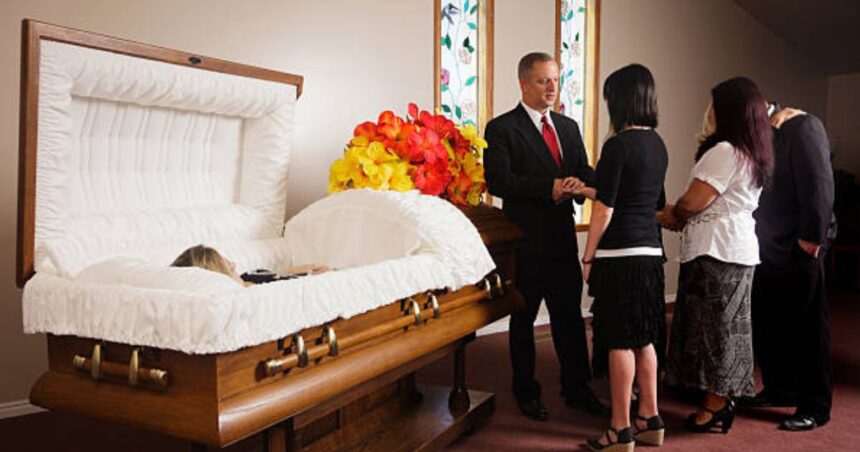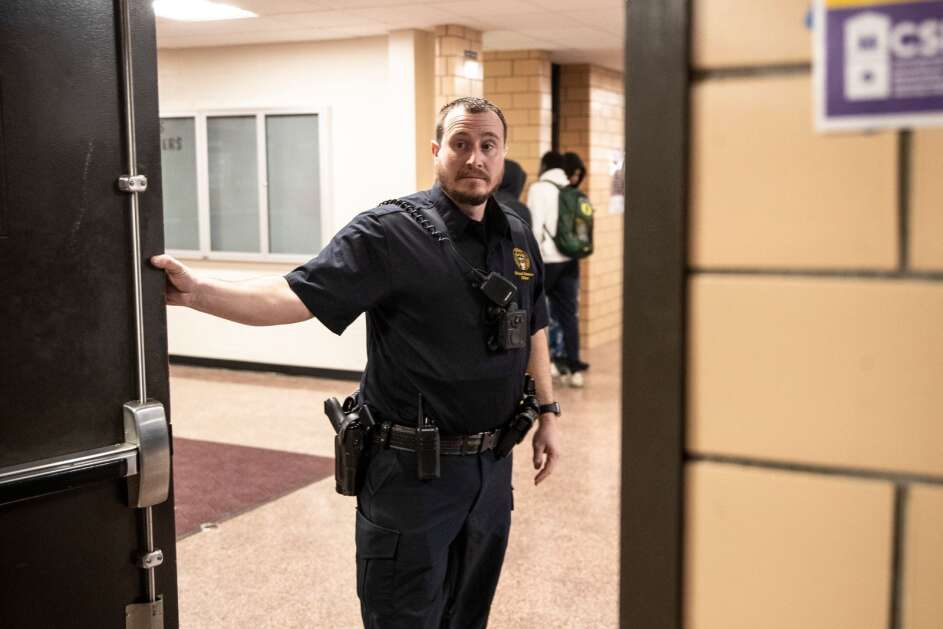Dr. Viktor Ivanovik, a Moldovan doctor, recently sparked a lot of anger and anxiety on social media when he advised his 1.2 million TikTok followers to never kiss a deceased person! According to him, harmful germs start to thrive on dead bodies as soon as nine hours after death, putting the health of everyone who comes into contact with a deceased loved one at serious risk. These risks include respiratory problems and loss of smell.
Ivanovik advised against kissing the deceased on their last voyage, particularly during the summer or in the room where the body is placed if air conditioning is not available. When the lifeless body is in the care of an air-conditioned morgue at a suitable temperature, he said, “Kiss the deceased.”
Bereaved families criticized Ivanovik’s cautions as being callous during times of mourning, and the widely shared advice sparked a contentious discussion on social media. His claims were quickly refuted by fact-checkers and other medical experts; Dr. Stuart Fischer, an internist in New York City, called the TikTok claim absurd and impossible.
Fischer said to the Daily Mail, There are many different kinds of beneficial bacteria in every individual, but each one has a specific function. To protect someone, it would be equivalent to having 100,000 secret service agents. He continued by saying that because of the apparently recently afflicted person’s immune system, the germs would be outnumbered and would swiftly perish.
Is kissing a deceased loved one in their coffin acceptable?Questions for Byu/Deaf Caminmorbid
Ivanovik’s social media post raised concerns about the possibility of contracting harmful viruses like Clostridium or Staphylococcus during a last kiss. “How come I’ve never heard of this before in my life as a physician for 45 years?” Dr. Fischer asked, casting doubt on the legitimacy of such worries.
That implies that the loved ones would either pass away or be admitted to the hospital in a day or two, he continued. I don’t think it’s taking place. Fischer claimed that Ivanovik’s video did not represent accepted procedures, noting that funeral directors also consider such factors while planning funerals. This would undoubtedly have happened in the past. This is not an area where a fresh pandemic of something could occur overnight.
Reputable international organizations also joined the discussion, with the World Health Organization (WHO) declaring in an often cited recommendation that there is no proof that dead people are a source of pandemic disease. The majority of agents do not remain in the human body for very long after death, the WHO stressed. Only in some rare circumstances, such as cholera or hemorrhagic fever fatalities, do human remains represent a serious health concern.
For love, will you do this?
Zolkv3a3aV: Kissing a corpsepic.twitter.com
DP July 13, 2025 (@DanChepta)
This is in line with worldwide medical guidelines, which state that, absent extremely contagious diseases, the majority of postmortem infection risks are negligible in normal situations.
Even though Dr. Ivanovik’s message went viral, a number of news organizations in the US and Europe were unable to confirm his own medical qualifications. His assertions ran counter to social realities as well as medical research. Dr. Fischer provided a balanced viewpoint, stating that while he did not personally support kissing the deceased, he did not see any medical issues with the decision if it provided some solace to the bereaved.
A lot of people on social media indicated they would do it even more! I kissed my father in spite of the apparent risks, and I would do it again without a doubt! Since he is my father, I may even lose my ability to taste and smell!
Because even if you were dead, I would still kiss you regardless of how sick or constipated you are.
July 28, 2025 (@i9yko)
Another said, To be honest, I don’t think anyone can resist giving their parent a final kiss on the hand or forehead. For many people, the emotional significance of a final farewell gesture seems to outweigh the experts’ claim of minimal risk.






